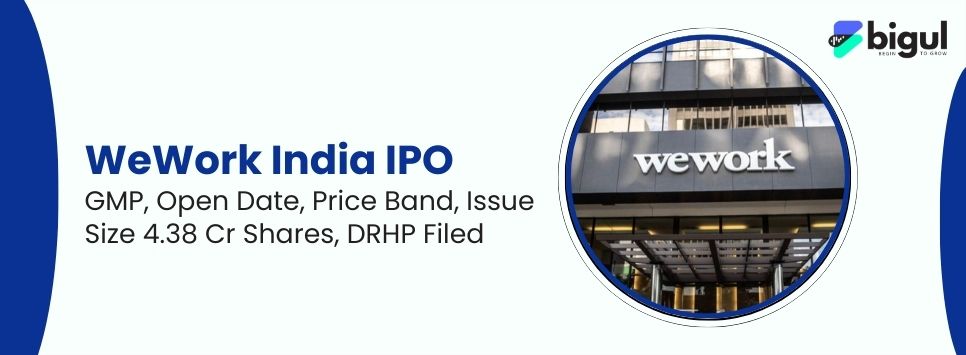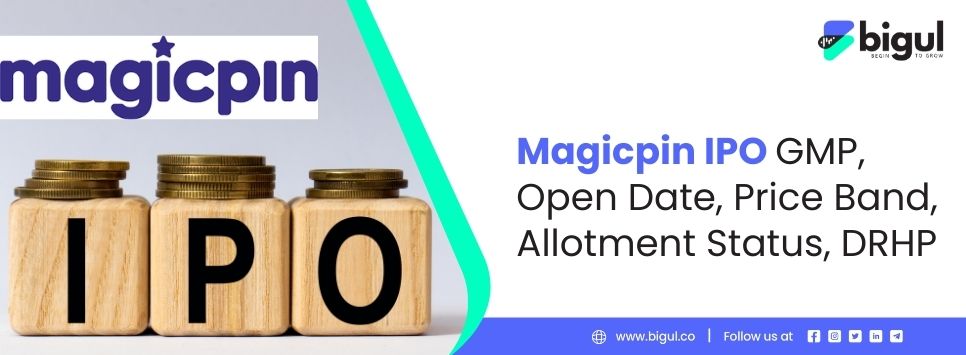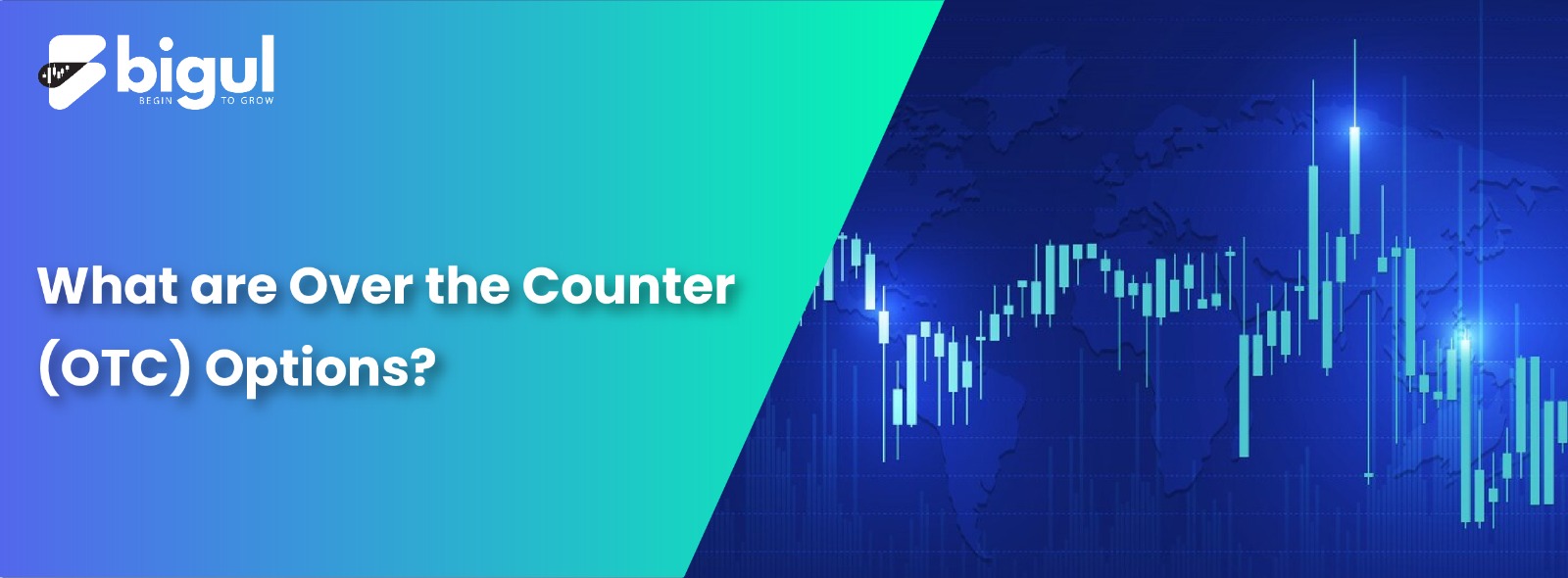Have you ever wondered about Over the Counter (OTC) options? They’re like secret financial tools you can use without needing a fancy Wall Street membership. OTC options are simply agreements to buy or sell assets directly with another party, no stock exchange involved. Think it as a personalized, off-the-menu financial deal. You might be thinking, “How can OTC options benefit me, the everyday investor?” Well, that’s a great question. Let’s explore this financial playground together and uncover the benefits waiting for you.
What is the Meaning of Over the Counter (OTC) Options?
Over the Counter (OTC) Options refer to customizable financial agreements made directly between two parties without involving a public exchange. Unlike standardized options traded on markets, OTC options offer flexibility in terms of terms and conditions. These private deals are tailored to meet specific needs, making them more personalized but also less regulated.
Investors use OTC options for a variety of reasons, including risk management and strategic hedging, enjoying a more specialized approach to financial transactions outside the traditional exchange setting.
Types of OTC Options
There are various types of OTC options, and they can be broadly categorized based on the underlying asset. Some common types of OTC options are:
1. Interest Rate Derivatives (IRDs)
Interest Rate Derivatives are financial instruments that let you manage interest rate risk. As a trader or investor, you can use IRDs to hedge against fluctuations in interest rates.
Some examples of IRDs include:
- Futures
- Options
- Swaps contracts
- Interest-rate swaps
These offer flexibility in structuring financial agreements. IRDs are crucial for minimizing exposure to interest rate movements and optimizing your overall financial portfolio.
2. Commodity Derivatives
You can explore OTC commodity options to manage risk or speculate on price movements. These options are customizable financial instruments for commodities like gold, silver, and agricultural products. They offer flexibility in hedging strategies and allow you to tailor risk exposure based on your market outlook. Keep in mind that OTC commodity options can change in availability and features, so stay informed about the latest market developments and regulatory updates.
3. Equity Derivatives
In your financial journey, equity derivatives play a crucial role. Equity derivatives are financial instruments tied to stock prices, letting you gain exposure to the stock market without directly owning shares. In India, popular equity derivatives include futures and options. With futures, you commit to buying or selling assets at a predetermined future date. Options provide the right (but not obligation) to buy or sell assets, offering flexibility for strategic investment and risk management.
4. Forex Derivatives
Forex derivatives refer to financial contracts derived from the foreign exchange market. These instruments include futures and options, allowing you to hedge against currency risk or speculate on exchange rate movements. Forex derivatives enable you to manage exposure to fluctuating currency values, offering potential gains or protection against losses.
5. Fixed-income Derivatives
Fixed-income derivatives are financial securities that derive their value from an underlying asset. A derivative is a contract between two parties to perform a financial transaction at a future date and a predetermined price.
Fixed-income derivatives include:
- Interest rate derivatives
- Credit derivatives
- Inflation derivatives
- Options
- Swaps
- Futures contracts
- Forward contracts.
As an investor, these derivatives offer opportunities to manage interest rate risks, enhance portfolio diversification, and speculate on market movements, providing you with strategic tools for a well-rounded investment approach.
6. Credit Derivatives
Credit derivatives are instruments allowing you to manage credit risk. These contracts derive their value from the creditworthiness of an underlying asset, such as bonds or loans.
Some examples of credit derivatives include:
- Credit default swaps
- Collateralized debt obligations
- Total return swaps
- Credit default swap options
- Credit spread forwards
CDs are similar to insurance policies against loss for the issuer. The value of a CD depends more on the reliability of the third party than the rating of the borrower. Engaging with credit derivatives empowers you to hedge against credit losses or speculate on credit events impacting financial markets.
Over the Counter Options vs. Exchange-Traded Options
There are two ways to buy or sell securities: Over-the-Counter (OTC) and Exchange. OTC is like a direct deal between two parties without an exchange. Exchange-traded means your deal happens on a centralized exchange with the exchange as the middleman. So, OTC is more direct, while Exchange involves a middleman and a central place for trading. Some key differences between Over-the-Counter (OTC) options and Exchange-Traded Options:
| Feature | Over-the-Counter (OTC) Options | Exchange-Traded Options |
| Market | Customized, decentralized market. | Standardized, centralized market (exchange). |
| Contract Terms | Customizable terms based on bilateral agreements. | Standardized terms defined by the exchange. |
| Flexibility | High flexibility in terms of contract specifications. | Limited flexibility due to standardized contracts. |
| Counterparty Risk | Higher counterparty risk, as contracts are private. | Lower counterparty risk due to central clearing. |
| Liquidity | Potentially lower liquidity, especially for exotic options. | Generally higher liquidity due to exchange trading. |
| Regulation | Subject to regulatory oversight but less standardized. | Highly regulated with standardized contract terms. |
| Settlement | Settlement terms determined in the agreement. | Clearinghouse ensures standardized settlement. |
| Transaction Costs | Negotiable, may vary based on the agreement. | Generally fixed costs with brokerage commissions. |
| Accessibility | Limited accessibility, often for institutional investors. | Accessible to retail and institutional investors. |
| Customization | High degree of customization based on user requirements. | Limited customization due to standardized contracts. |
| Listing | Not listed on an exchange. | Listed on a recognized stock exchange. |
How are OTC Options Settled?
Over-the-Counter (OTC) options are settled through a process agreed between the buyer and seller, as there is no standardized clearinghouse like in exchange-traded options. The settlement terms are typically outlined in the OTC options contract.
Here are common methods of settling OTC options:
- Physical Delivery: In some cases, OTC options may involve the actual delivery of the underlying asset if the option is exercised. For example, in commodity options, the physical commodity may be delivered to fulfill the terms of the contract.
- Cash Settlement: Instead of delivering the underlying asset, OTC options can be settled in cash. The party that is “in the money” pays the agreed-upon amount to the other party. This method is common in financial options.
- Netting: Some OTC options are settled through netting, where the gains and losses of multiple contracts are offset against each other. This results in a single payment between the parties.
The specific settlement terms depend on the agreement reached by the parties involved in the OTC options transaction. It’s crucial for both parties to clearly define these terms in the contract to avoid misunderstandings and ensure a smooth settlement process. Additionally, the lack of a centralized clearinghouse means that counterparty risk should be carefully considered in OTC transactions.
Benefits of using OTC Options
Using OTC options offers you several benefits:
- It provides flexibility, allowing you to customize agreements directly with the other party. This flexibility extends to the terms, conditions, and underlying assets, tailoring the contract to your specific needs.
- OTC transactions often involve lower costs compared to exchange-traded options.
- OTC options can be suitable for managing specific risks and unique investment strategies, offering you a more personalized and adaptable approach to your financial goals.
Risks Associated with OTC Options
Engaging in Over-the-Counter (OTC) options trading involves various risks:
- Counterparty Risk: Dealing directly with another party increases the risk of default or failure to meet contractual obligations.
- Lack of Transparency: OTC markets may lack transparency, making it challenging to determine fair market value and assess price accuracy.
- Market Risk: OTC options are susceptible to market fluctuations, exposing investors to unexpected price movements.
- Liquidity Risk: OTC markets may have lower liquidity, leading to difficulties in buying or selling options at desired prices.
- Regulatory Risk: OTC markets are subject to regulatory changes that can impact trading conditions and compliance requirements.
- Credit Risk: OTC transactions involve credit risk, as the counterparty may default on payment obligations.
Final Words
Using Over-the-Counter (OTC) options can be flexible but comes with risks like counterparty and market uncertainties. It’s crucial to carefully understand contracts and stay updated on market changes. If you’re considering OTC options, seek advice from financial experts and platforms offering comprehensive insights. Explore user-friendly platforms like Bigul for a secure and informed OTC trading experience, simplifying your investment journey.








.jpg)
.jpg)
